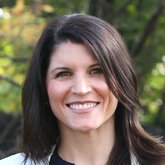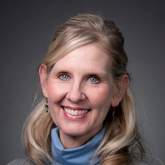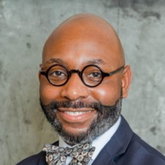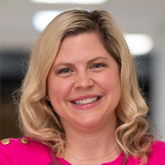Virtual Office Hours
Achieving Health Equity and Reducing Implicit Bias in Palliative Care
Free and open to all







Clinicians today are dealing with growing sadness, anger, frustration, distress, conflict, and general compassion fatigue. Join CAPC for these unique, informal, facilitated discussions where you can share common reactions to your demanding work and coping strategies that can diminish the consequences of this stress. CONFIDENTIAL AND OPEN TO ALL.
Please note, these sessions are:
Due to the participatory and sensitive nature of these discussions, the sessions will “close” at the 15-minute mark.
You can view a short example of a CAPC-facilitated debriefing here.
Facilitator schedule:
May 27: Phyllis Whitehead, PhD, APRN/CNS, ACHPN, PMGT-BC, FNAP, FCNS, FAAN
June 17: Phyllis Whitehead, PhD, APRN/CNS, ACHPN, PMGT-BC, FNAP, FCNS, FAAN
June 25: Kristopher Halsey, PhD, D.Div
Jully 18: Jill Farabelli, MSW, LCSW, APHSW-C (30 Minute Session)

Palliative Care Social Worker
Hospital of University of Pennsylvania

Supervisor of Spiritual Care Services and Clinical Pastoral Education, UC San Diego Health
Cambia So…

Clinical Ethicist and Clinical Nurse Specialist, Carilion Roanoke Memorial Hospital

Bereavement Support Specialist

Director of Specialty Care
Central Health
Free and open to all









